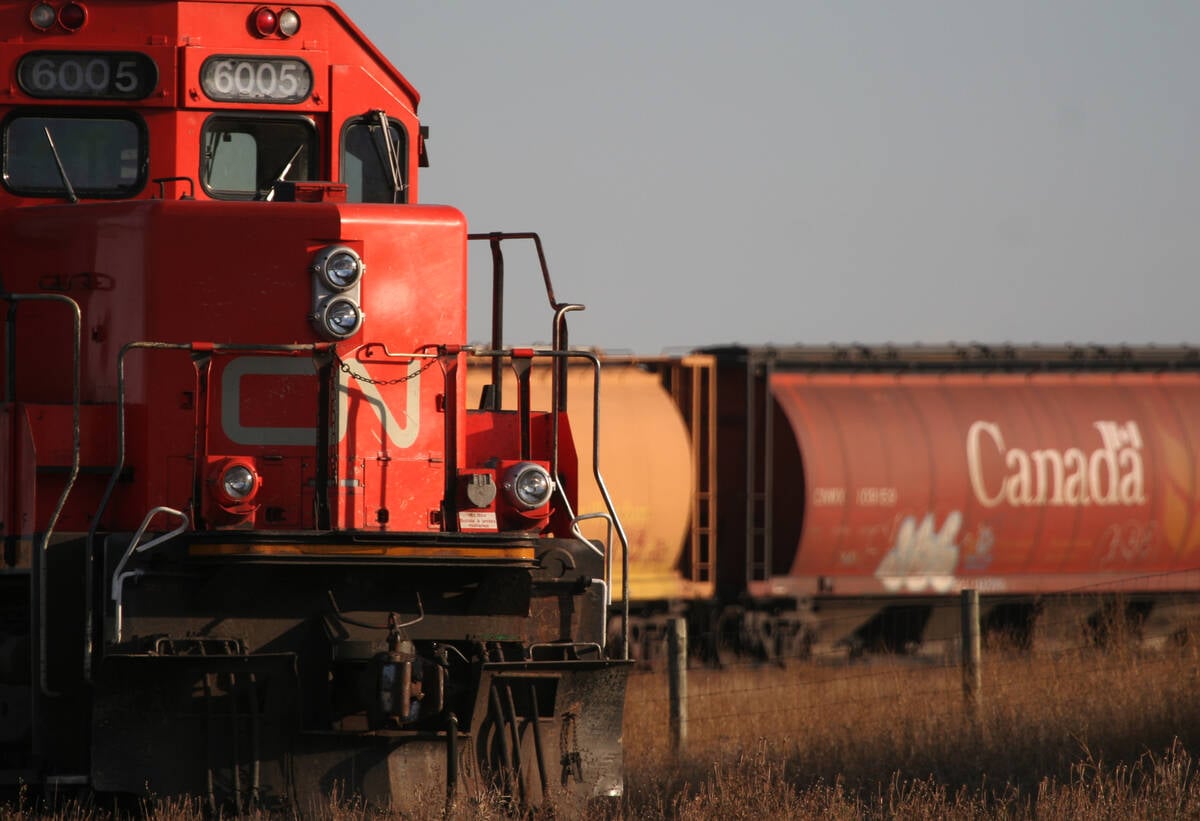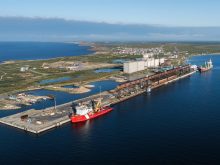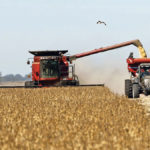The prairie hog industry had the wind sucked out of its sails Jan. 15 with an announcement that capped pressures to expand hog production.
Canadian industry giant Maple Leaf Foods said it will buy rival Schneider Corp.’s pork slaughter and processing plants in Winnipeg for $45 million.
The move will help Maple Leaf increase slaughter numbers at its behemoth plant in Brandon.
But it’s also the death knell for Schneider Corp.’s plans to build a similar-sized plant in Winnipeg, which were announced one year ago.
Read Also

Working groups established to address challenges in the containerized and bulk movement of commodities
CN is working with the pulse and special crops sector on resolving challenges in shipping those commodities.
Those plans fuelled calls for Manitoba producers to double their production to 10 million hogs per year.
While Manitoba’s production has grown in the past year, Schneider Corp.’s chief executive officer Doug Dodds said exports to the United States have also increased.
He said company officials concluded it would take five to seven years for the province to build up enough production to warrant the new plant, rather than three or four years.
“To commit to an investment that far out in the future just doesn’t make economic sense,” said Dodds.
The consolidation and lack of growth is bad news for producers, analysts said.
“What happens to a producer when there isn’t competition? You can figure that one out,” said Darryl Hutchings, a livestock industry consultant in Sparwood, B.C.
With less local demand for hogs, the difference between local prices and U.S. prices will remain stable, at best, said Kevin Grier, analyst with the George Morris Centre in Guelph, Ont.
“To me, it takes a lot of the air out of the optimism associated with the prairie hog industry,” said Grier.
“I think it’s very, very, very big news.”
Manitoba producers contacted on the day of the announcement were surprised, but took the news in stride.
“It’s not the best news I could have had this morning, but life goes on,” said Paul Vielfaure, co-owner of hog production network Hytek in La Broquerie, Man.
Producers, who were excited about expansion, and the provincial government will have to do some soul-searching about the future, said Vielfaure.
“We’re going to have to refocus and re-analyze,” he said.
Gerry Friesen, president of producer-owned Manitoba Pork Marketing Co-op Inc., said the deal might look bad for competition.
But Friesen pointed out prices are based on the North American hog market and Maple Leaf’s contracting programs have been competitive.
“We’ve come to realize in the last number of years (U.S.) packing plants are not as far away as they used to be,” said Friesen, adding producers would rather see processing happen in Canada.
Ron Plain, economist at the University of Missouri, said the prospect of less capacity does not bode well for the times when hog production exceeds slaughter plant capacity, noted Plain.
He said more competition is always better for producers.














